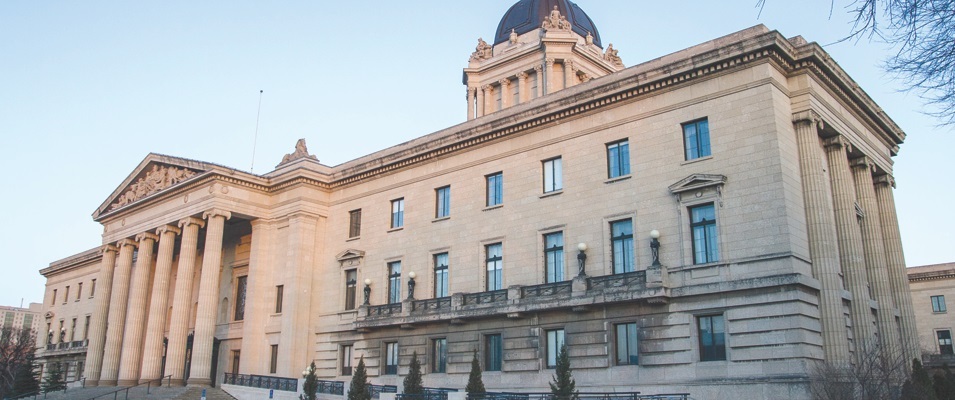
Looking at our slate of candidates for the new Springfield-Ritchot constituency, I’m encouraged. Regardless of our political leanings, we are blessed by a group that seems to be passionate and engaged. As a typical Tory stronghold, this hasn’t always been the case. Having better choices can only lead to better discussion.
What is unfortunate is how little bearing our local candidates have on the political system. We have progressed—or perhaps digressed?—to the point where the centralized party provides so much direction that there’s little room left for individual points of view. While our elected officials do engage in discussion, much of their messaging is based on party strategy rather than a true intention to move our province in a new direction.
This is truly a shame, because we need to engage in more open discussion and make some tough decisions. We need to talk about our political systems, which quite frankly aren’t sustainable. We all know this. Even the candidates acknowledge that we cannot continue the way we’ve been going.
For example, to latch onto a hot topic, we have a healthcare system that takes up nearly 50 percent of the budget, and it’s getting bigger all the time. Yet it doesn’t meet our expectations for service delivery.
Do we look for efficiencies within the system and try to reduce the share that healthcare takes up? Do we reallocate resources to other areas? Are we willing to accept reasonable changes or slightly lowered expectations on service delivery? Do we accept that health delivery is too important and decide instead to commit to more taxes to fund it? Does that taxation take the form of conventional taxes or new taxation, including sin taxation on non-healthy life choices?
Solutions may lie in a combination of the above. A non-partisan, or rather cross-partisan, approach is called for.
While I’m not one to sugar-coat the past, it’s clear that our system of partisanship has made this a more difficult proposition than it would have been in previous years. We’ve moved to a system where touting the merit of “our” ideas is only secondary to bashing the alternatives, which leaves little room for a cooperative approach.
Through the pendulum swings of PC and NDP governments, we have achieved a rudimentary balance. This produces some benefit, since we never move too far to any extreme, but these swings tap valuable resources; from severances to changing letterheads, the costs of undoing what the last government “did wrong” is expensive. It’s like zigzagging across the field instead of heading straight for the goalpost.
Ask any seasoned politician, regardless of stripe, and you’ll find that the longer they’re in politics, the more they realize that there are ideas of merit in all philosophies. We may be at a critical point where the idea of taking non-partisan action isn’t just prudent but absolutely necessary.
Tories are great at looking through the business lens at government services. Our NDP brothers have a feel for the need of frontline workers. The Liberals understand compromise and balance. The Greens have a clear understanding of merging environmental and economic sustainability.
I’m not so naïve as to think the ruling party would give up much control to the opposition on all these topics, but perhaps some portfolios—such as health, given its current crisis and importance—require a collaborative approach. Establishing just such a long-term plan may be the only way to save our universal healthcare model without suckling further on the already chapped teats of the taxpayer and spending the spoils inefficiently. With the size of the health budget, changes in this department alone could provide much-needed resources to other dysfunctional areas that are on the verge of collapse.
It’s strange that we truly no longer elect governments. We don’t choose the government we want. Instead we just decide whether we’re tired of the current one.
In other words, we decide to zig because we’ve zagged long enough.
What a foolish path we have taken. The true solution is a straighter path—one with fewer steps and which requires less energy. A path where we get where we’re going faster.



















